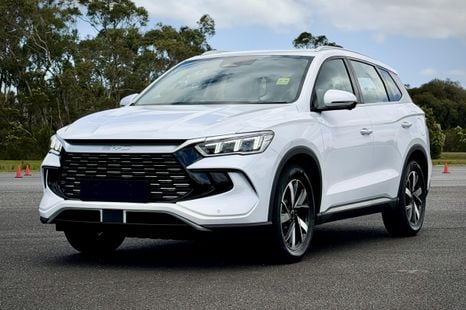

Ben Zachariah
2026 BYD Sealion 5 Essential review
5 Hours Ago
Germany threw a spanner in the works for the EU's planned 2035 ban on new petrol and diesel vehicle sales, and that may have scored it a key concession.

Contributor
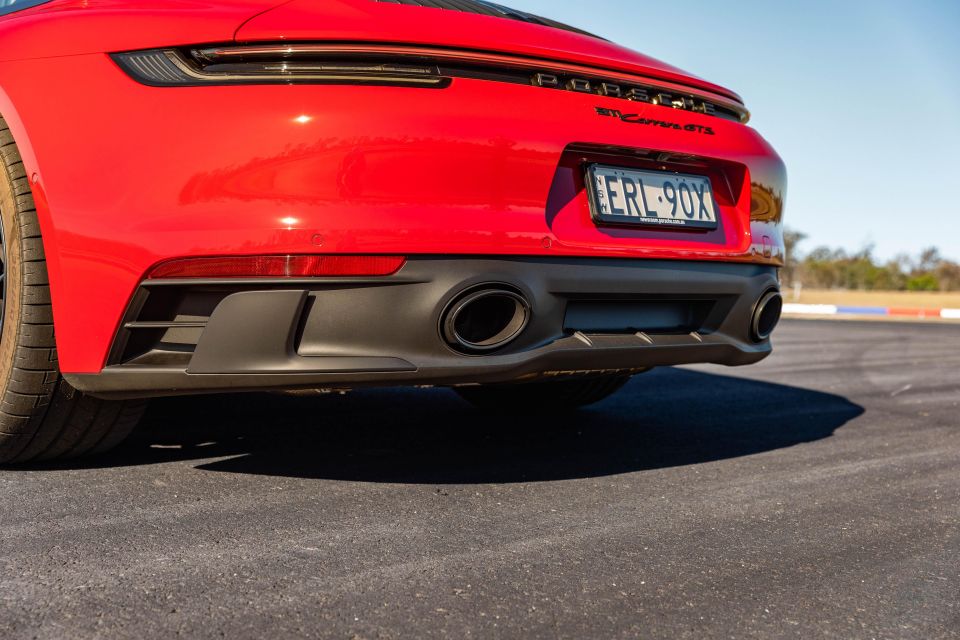

Contributor
After Germany’s last-minute pushback against the European Union’s (EU) regulation to ban new combustion engine cars by 2035, the European Commission is reportedly reaching out with a compromise to keep the legislation alive.
According to a report from Bloomberg, internal sources have said the EU is offering Germany a promise that it intends to provide further clarification on how e-fuels could potentially be used after the 2035 combustion ban takes effect.
The original regulation is part of the ‘Fit for 55’ package, which aims to contribute to the European Union’s overall climate objectives for 2030 and 2050 by directing the automotive industry towards low- and zero-emission technologies, and making it more feasible for consumers to adapt said technologies.
The EU hasn’t provided any specific timeline for providing the revised proposal to Germany and the other member states, but Bloomberg speculates that it won’t be before EU elections next year due to the lengthy process of passing regulation in Brussels.

It’s reportedly hoping that the compromise will be enough to appease German decision-makers, including German Transport Minister Volker Wissing, as the massive automotive industry in Germany is crucial to the successful implementation of the planned emissions-free regulations.
According to the German Association of the Automotive Industry, the German automotive industry produced 3.4 million cars and commercial vehicles in 2022 and employed around 800,000 people.
Bloomberg’s anonymous source suggested that the proposed amendment would modify the regulations dictating the types of vehicles permitted on European roads to allow certain cars that exclusively run on e-fuels, even after the upcoming ban on new combustion engine cars is enforced.
It has been suggested that additional technologies or fuel additives would need to be integrated into new vehicles to prevent them from using prohibited fuels beyond the 2035 deadline, as e-fuels have an identical molecular composition to traditional fuels.
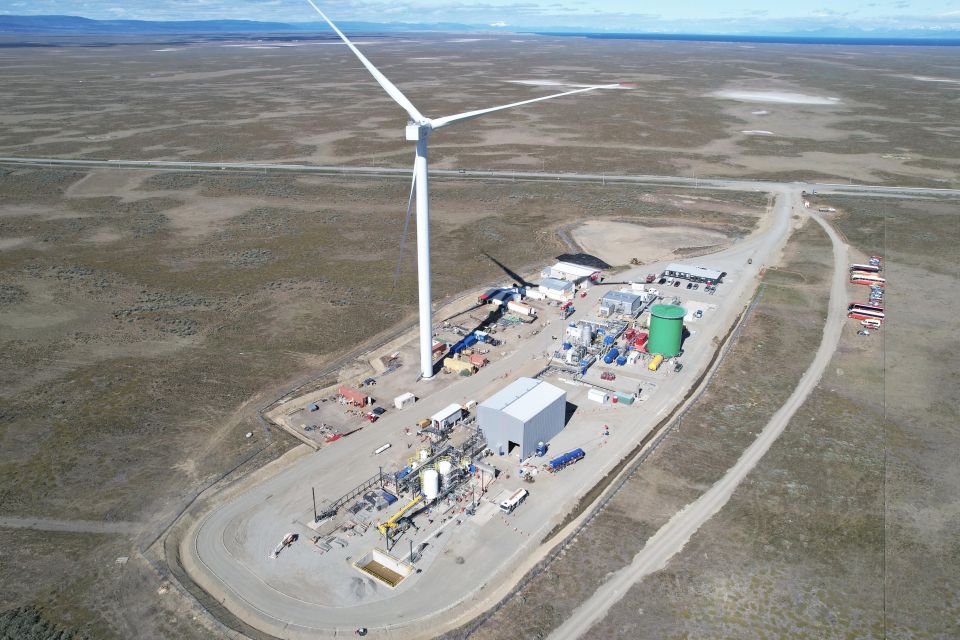
E-fuel, also known as synthetic fuel, is a type of fuel produced by using renewable energy sources to capture and store carbon dioxide emissions during their production, making them a potentially carbon-neutral alternative to traditional fossil fuels.
The common critique of e-fuels is that the large number of resources needed to mitigate the CO2 emissions of fuel combustion could be more productively directed into other sustainability initiatives.
Mr Wissing has confirmed that he travelled on Monday to the European Parliament in Strasbourg, France, to meet with representatives from the Czech Republic and Italy, two other member states who had hesitancies about the original regulations.
A spokesperson for the German Transport Ministry verified that Germany is currently in talks with the commission, but declined to comment on the new proposal, leaving the future of the 2035 combustion engine ban somewhat uncertain.


Ben Zachariah
5 Hours Ago
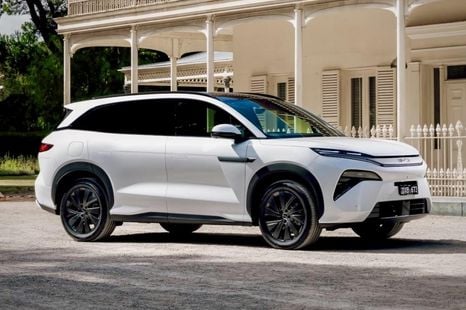

Ben Zachariah
5 Hours Ago
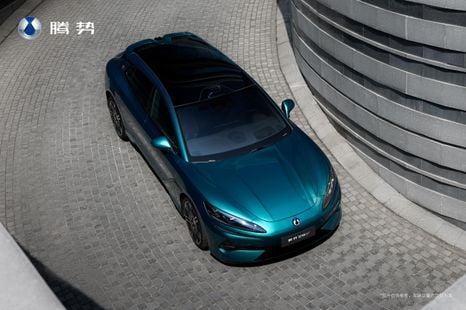

William Stopford
10 Hours Ago
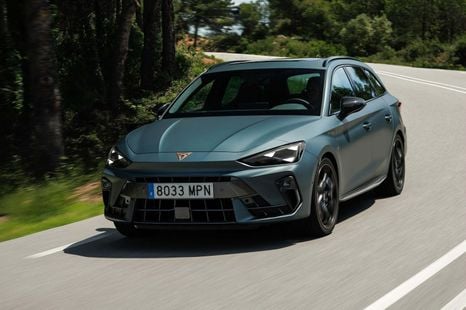

William Stopford
12 Hours Ago


Damion Smy
14 Hours Ago


Damion Smy
15 Hours Ago
Add CarExpert as a Preferred Source on Google so your search results prioritise writing by actual experts, not AI.